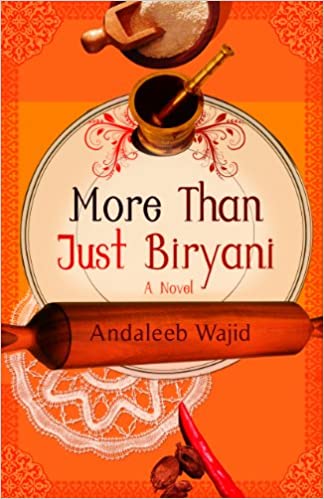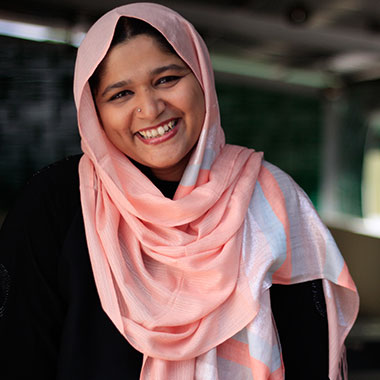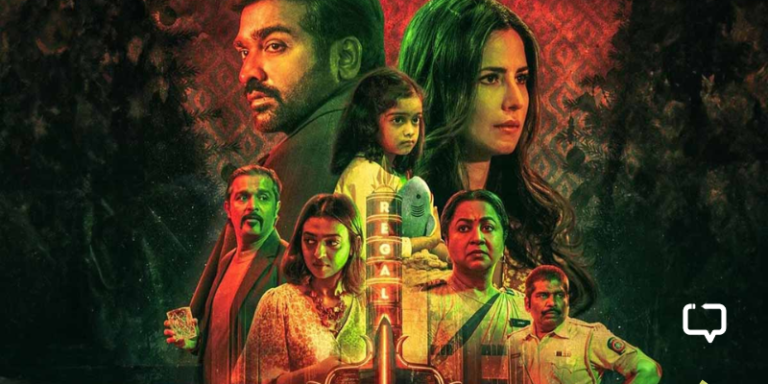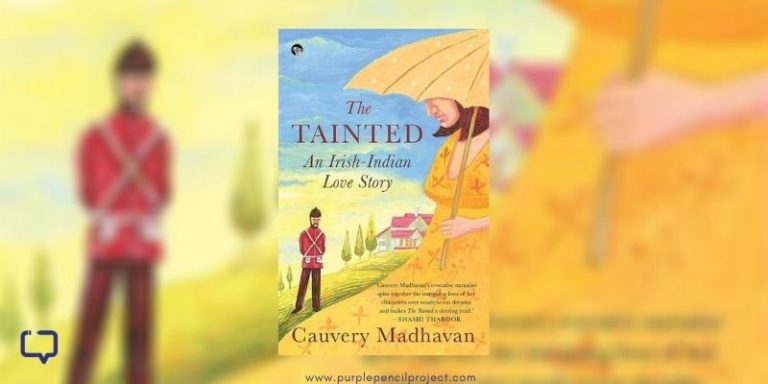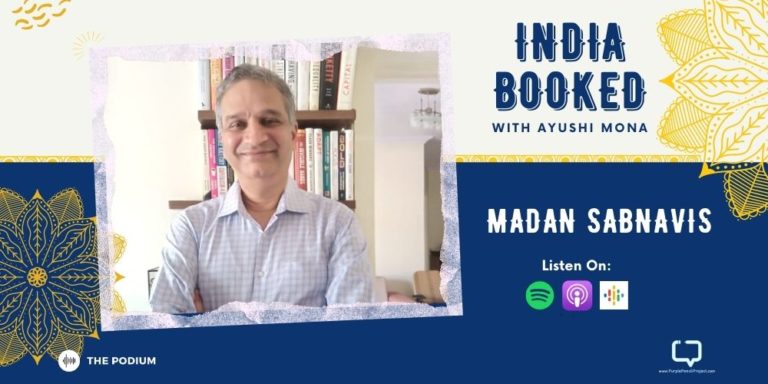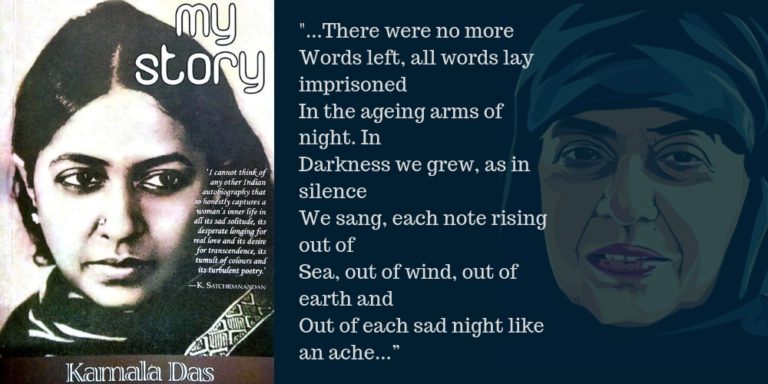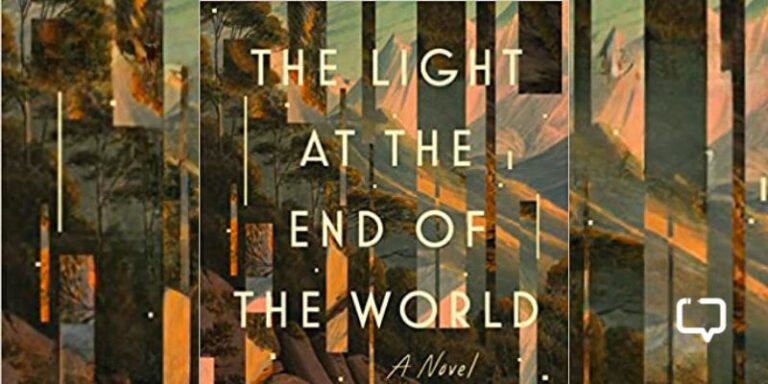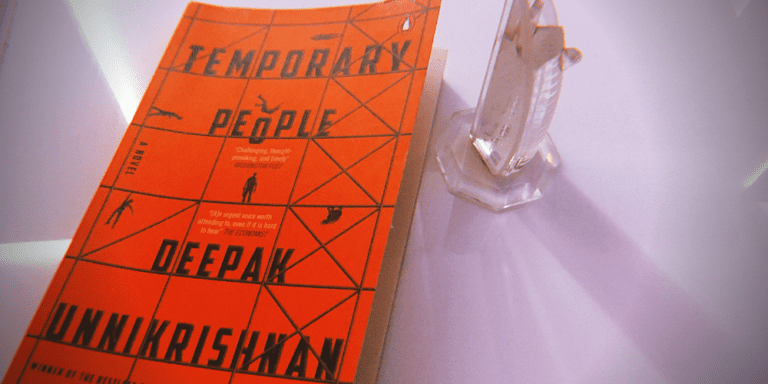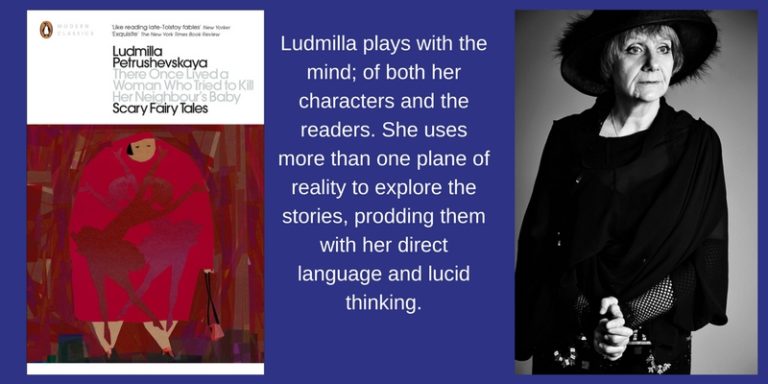A moment in this food book, More Than Just Biryani:
When Tahera asks her mother Ruqayya to make gajar ka halwa for her daughter Zubi’s birthday, Ruqayya insists that Zubi observe and learn. The reluctant nine-year-old finds herself gradually getting drawn into the process as the various ingredients come together in the kadhai. Fascinated by the alchemy, Zubi insists on stirring the halwa, but the moment she starts stirring, tiny drops of hot halwa scald her arm and she abandons the chore to go wash it with cold water. When she comes back to the kitchen, the grandmother is stirring the mixture, not paying any heed to the hot splashes from the kadhai. “Doesn’t your hand hurt?” Zubi asks her grandmother. “Our hands don’t feel the heat,” Ruqayya replies proudly. “One day yours won’t either.”
This moment left such an impression on me because it reminded me of my own mother’s hands routinely sporting burns or cuts or both owing to her daily adventures in the kitchen. It seemed to me, back then, that the hands that cook with love are invincible.
We encourage you to buy books from a local bookstore. If that is not possible, please use the links on the page and support us. Thank you.
Beyond Biryani
More than Just Biryani uses Biryani as a metaphor. The narrator, food journalist Sonia Kapoor interviews a now twenty-eight-year-old and married Zubi and through her, learns of the life stories of three generations of Muslim women from the same family—Zubi, her mother Tahera and her grandmother Ruqayya. Just like there is more to Muslim cuisine than the biryani, there is more to these Muslim women than being one-dimensional housewives who must cook, because it is expected of them.
We learn how the three women in this food book have more than the everyday motivation to master their craft in the kitchen, and each of the motivations is as distinct as the three women, revealing an insight into their individual personalities and their relationships with their respective husbands. Tahera cooked out of love for her husband, Ruqayya cooked to earn respect in the family she was married into, while Zubi cooks as a means of finding herself, finding out what she is good at, and for the love of cooking itself. Their food journeys are closely entangled with their life journeys in Bangalore, Vellore, and Hong Kong, respectively.
More Than a Love Story
Andaleeb Wajid is a prolific writer who often writes romances. And yet, this food book is so much more than a love story. At the outset is the mystery of Zubi’s awkward relationship with her husband, and we assume that it is an arranged marriage. But as the story unravels, we learn how Zubi’s emotional aloofness is informed by her past—the marriages of her mother and grandmother and the fear of history repeating itself.
There are also other relationships within a family that Wajid writes about with warmth, understanding and compassion. The evolution of Ruqayya from the new bride who cannot cook and does not really like to cook into the designated dessert expert in the family is made possible because of her relationships with other women in the family — her mother’s recipes, her mother-in-law’s reluctant acceptance of her limitations, and her sister-in-law’s friendship in a house full of new and judgmental relatives.
There is also the complicated relationship Tahera has with her brother-in-law’s Hindu wife and her jealousy over the close and easy relationship she shares with Zubi. And of course, the defining relationship that moves the narrative forward is Zubi’s association with the narrator Sonia, which grows into a lovely female friendship.
Miscommunication and other such Rom-Com Tropes
This beautiful book about food, family and friendship is slightly let down in the climax as it relies on the predictable miscommunication trope that romance novels often lazily rely on to create drama. Personally, I found the drama between the women of Ruqayya’s family much more compelling than Zubi’s journey towards a happily ever after with her husband. And yet, Zubi’s reunion with her husband towards the end of the novel left a big smile on my face.
Read at your own risk
The main drawback of More Than Just Biryani is all the sensory descriptions of the various foods made by the women of this book — the halwas, the keema samosas, the khichdas and kurmas and the exotic-sounding lauz which I have never eaten, and yet can taste on my tongue. I am certain I’ve gained a few kilos simply by reading this book!
Best Quotes:
Muslims don’t eat biryani for breakfast, lunch and dinner. Some of us would like to. But we don’t. The idea that connects Muslims to biryani is so prominent that I wouldn’t even like to call it a misconception. I agree that we haven’t done much to prove to the world the other things we cook so well either. Witness any of our weddings and people, especially our non-Muslim friends can be seen looking slightly harried, wondering when that elusive call for lunch or dinner will come, which is again – biryani.
Conclusion
More Than Just Biryani is an intimate portrait of the domestic lives of Muslim women that are bound to be relatable to all of us for whom food has such an emotional connection. It will transport you to the births, weddings, and funerals in your own families, and the everyday life that happens in between. Our grandmothers told us that the way to someone’s heart is via the stomach. This book reaches the reader’s heart via life stories, lauz, and of course, biryani.








